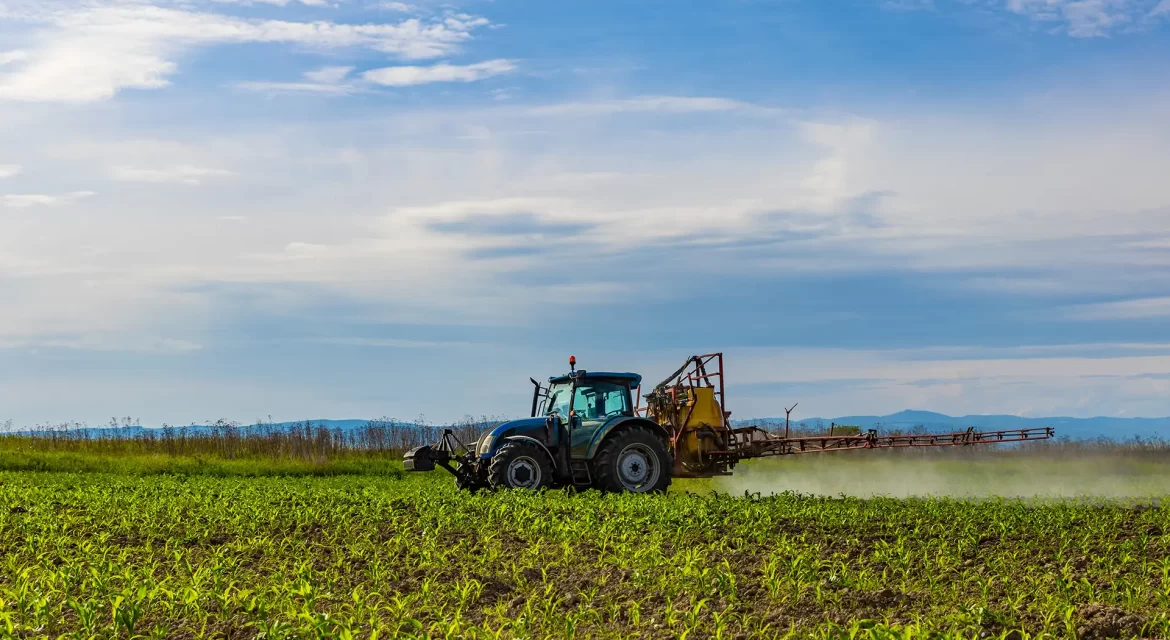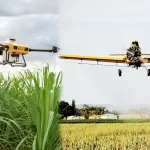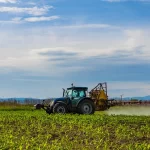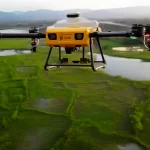Tractors
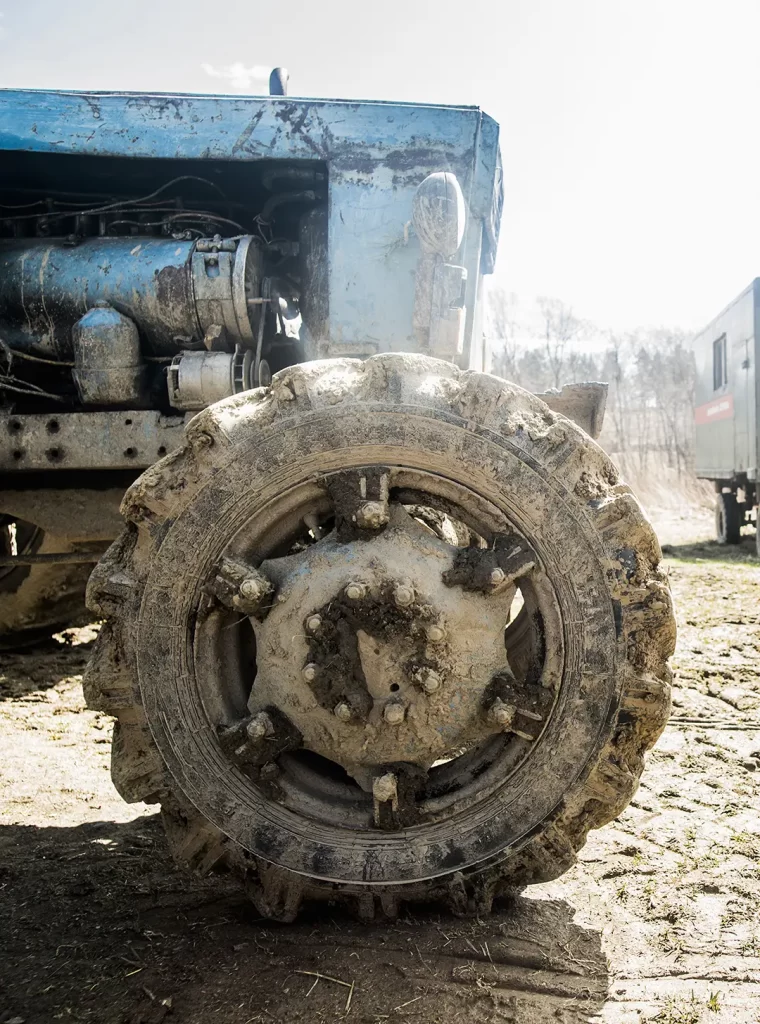
Farm machinery has revolutionized agriculture, enabling farmers to cultivate larger areas with less labour. However, one of the lesser-known downsides of tractors and other ground-based equipment is their potential to spread plant diseases and invasive weeds. The very tires that help transport these machines also act as carriers for soil, plant debris, and pathogens, posing a significant threat to crop health and yield—not only between farms but even within the same field.
How can SUIND’s airborne technology help overcome these challenges?
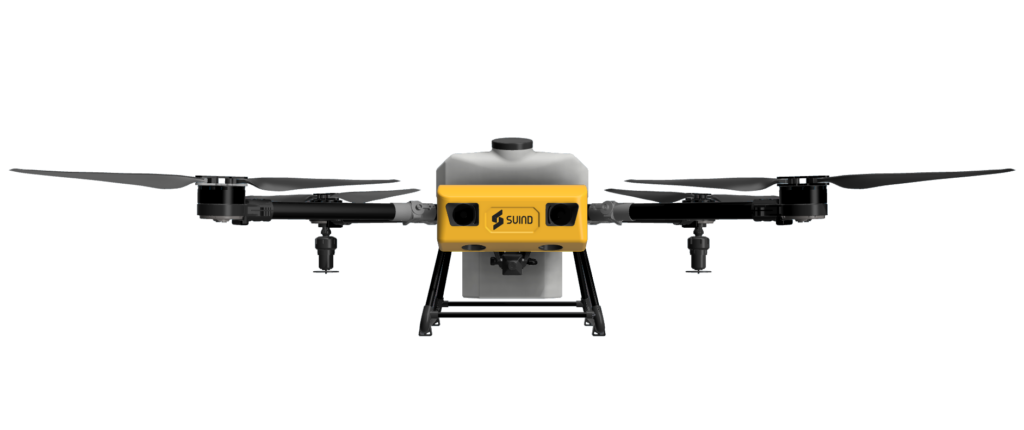
How Tractors Spread Diseases and Weeds
Tractor tires, especially when not cleaned between fields or areas within a single farm, can carry harmful contaminants, including soil-borne pathogens and weed seeds. These contaminants cling to the treads and undercarriages of machinery, creating an efficient vector for disease and weed propagation.

The Spread of Plant Diseases:
Pathogens like bacteria, fungi, and viruses can remain viable in the soil and plant debris that clings to tractor tires. When these tires touch new fields, the pathogens are deposited onto healthy crops, initiating infections that can devastate entire harvests. For example:
- The bacterium Agrobacterium tumefaciens, which causes Crown Gall Disease, thrives in contaminated soil and spreads easily through machinery.
- Soil-borne fungal diseases, such as Verticillium Wilt, are also commonly transmitted via contaminated equipment.
The Proliferation of Weeds:
Weed seeds embedded in soil particles can survive long journeys on tractor tires. When deposited in new fields, these seeds germinate and compete with crops for water, nutrients, and sunlight. Michigan State University Extension highlights that herbicide-resistant weed seeds are particularly problematic, as they spread more aggressively and are harder to manage.
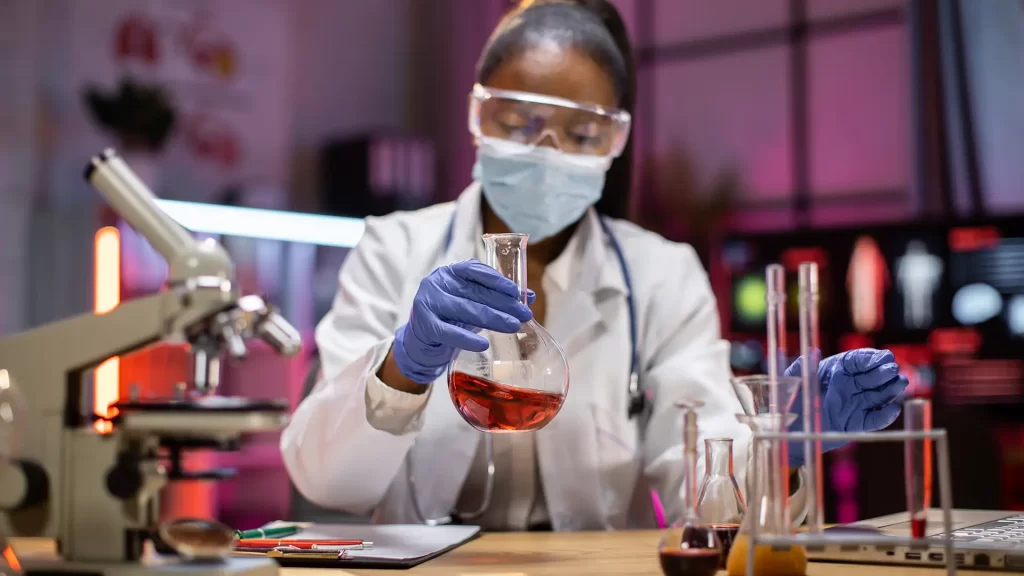
The Science Behind Contamination
Studies have shown that soil and plant debris act as carriers for a variety of pests and pathogens. Soil particles can remain attached to machinery for extended periods, harbouring microscopic fungi, bacteria, and viruses. In addition, weed seeds can remain viable in soil for years, making it critical to prevent their unintentional transportation.
Biosecurity Practices:
- Regular cleaning and disinfection of farm equipment significantly reduces the risk of contamination.
- Establishing designated cleaning areas for vehicles before they enter or exit fields helps contain contaminants.
Yet, even with rigorous biosecurity measures, the physical contact of tractor tires with the ground inherently increases the risk of cross-contamination.
The SUIND Solution: A Clean Alternative
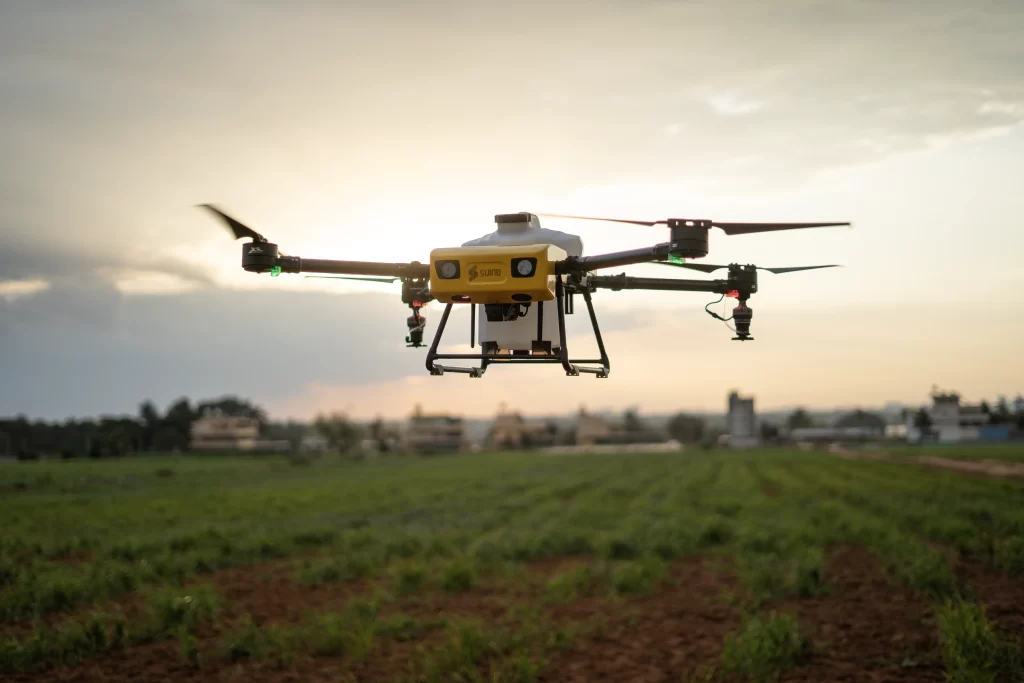
Here’s where SUIND’s precision agriculture drones come into play. Unlike tractors, drones do not physically touch the ground, eliminating the primary vector for the spread of diseases and weeds. By leveraging aerial technology, SUIND drones offer a cleaner, more efficient, and sustainable alternative for modern farming.
Contact-Free Operations:
SUIND drones operate entirely from above, ensuring that soil and crops remain undisturbed. This airborne approach prevents the transmission of pathogens and weeds both within a single field and between fields.

Tractors vs. SUIND Drones
| Feature | Traditional Tractors | SUIND Drones |
|---|---|---|
| Ground Contact | Digs into soil, spreading diseases and weeds within and between fields | No ground contact, no contamination |
| Chemical Application | Blanket spraying, often inefficient | Precision spraying, reducing chemical waste |
| Monitoring Capability | Limited to manual inspection | AI-powered, real-time data analysis |
| Environmental Impact | Soil compaction and erosion | Minimal, no soil disruption |
The Bigger Picture: Sustainable Agriculture
As agriculture faces challenges like climate change and resource scarcity, SUIND’s drone technology provides a scalable, sustainable solution. By reducing contamination risks, maintaining healthy soil, and promoting disease-free farming, SUIND drones pave the way for a cleaner, more productive future.
Tractors will continue to play a vital role in farming, but their limitations in preventing disease and weed spread highlight the need for complementary solutions. With SUIND drones, farmers can achieve cleaner fields and healthier crops while ensuring the long-term sustainability of their operations.



